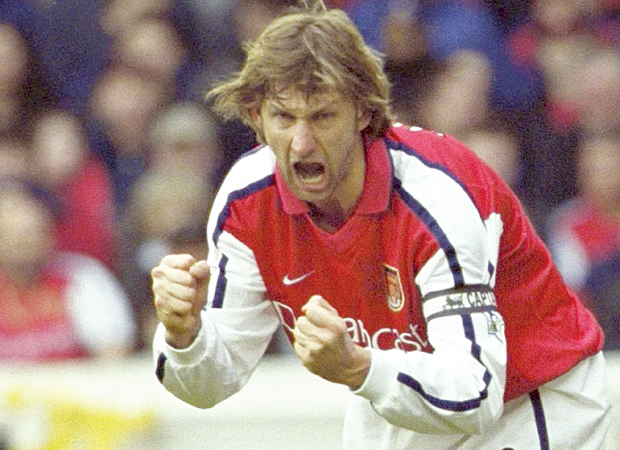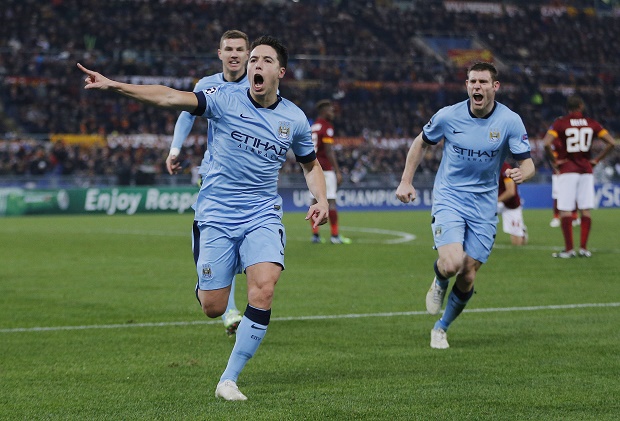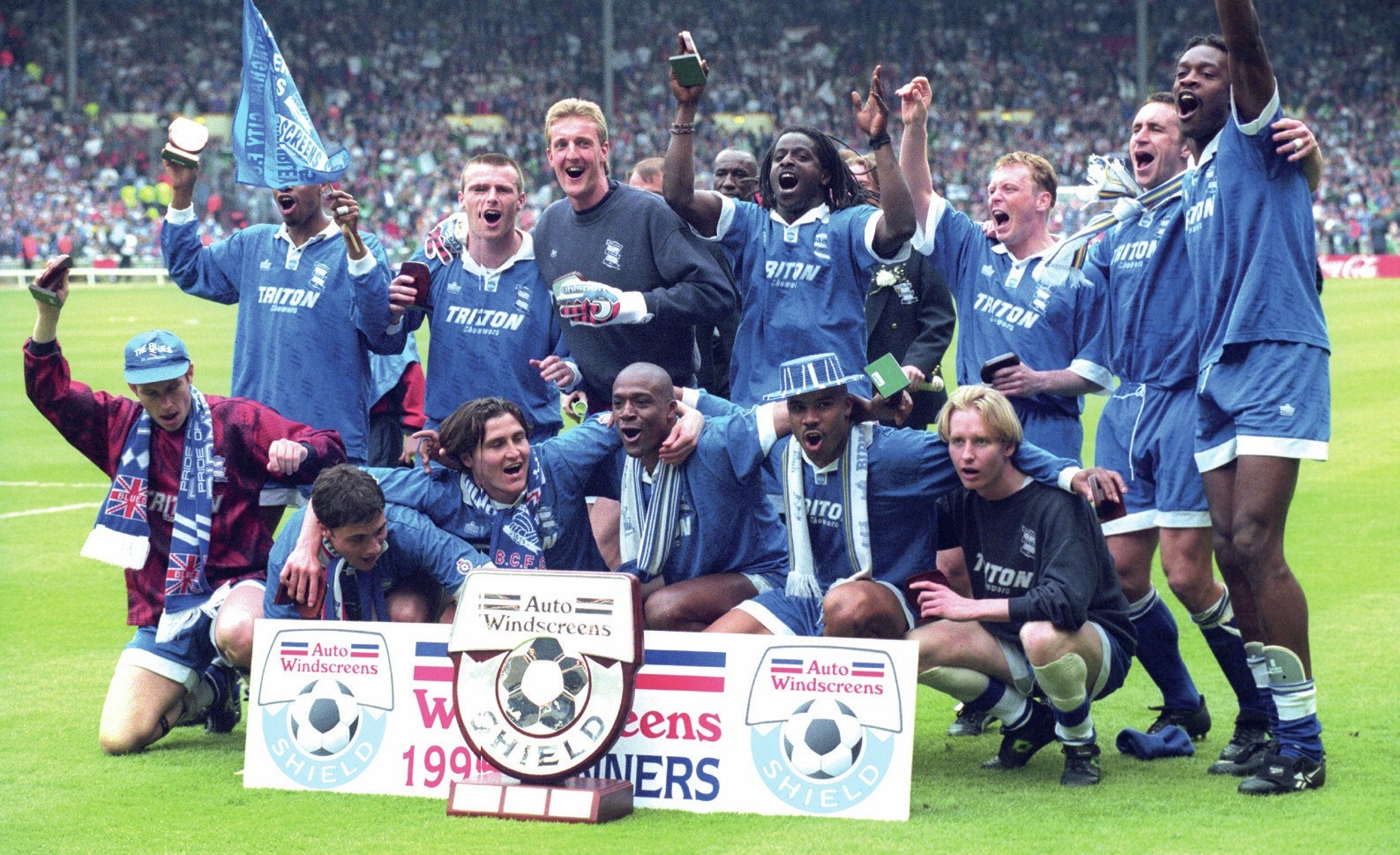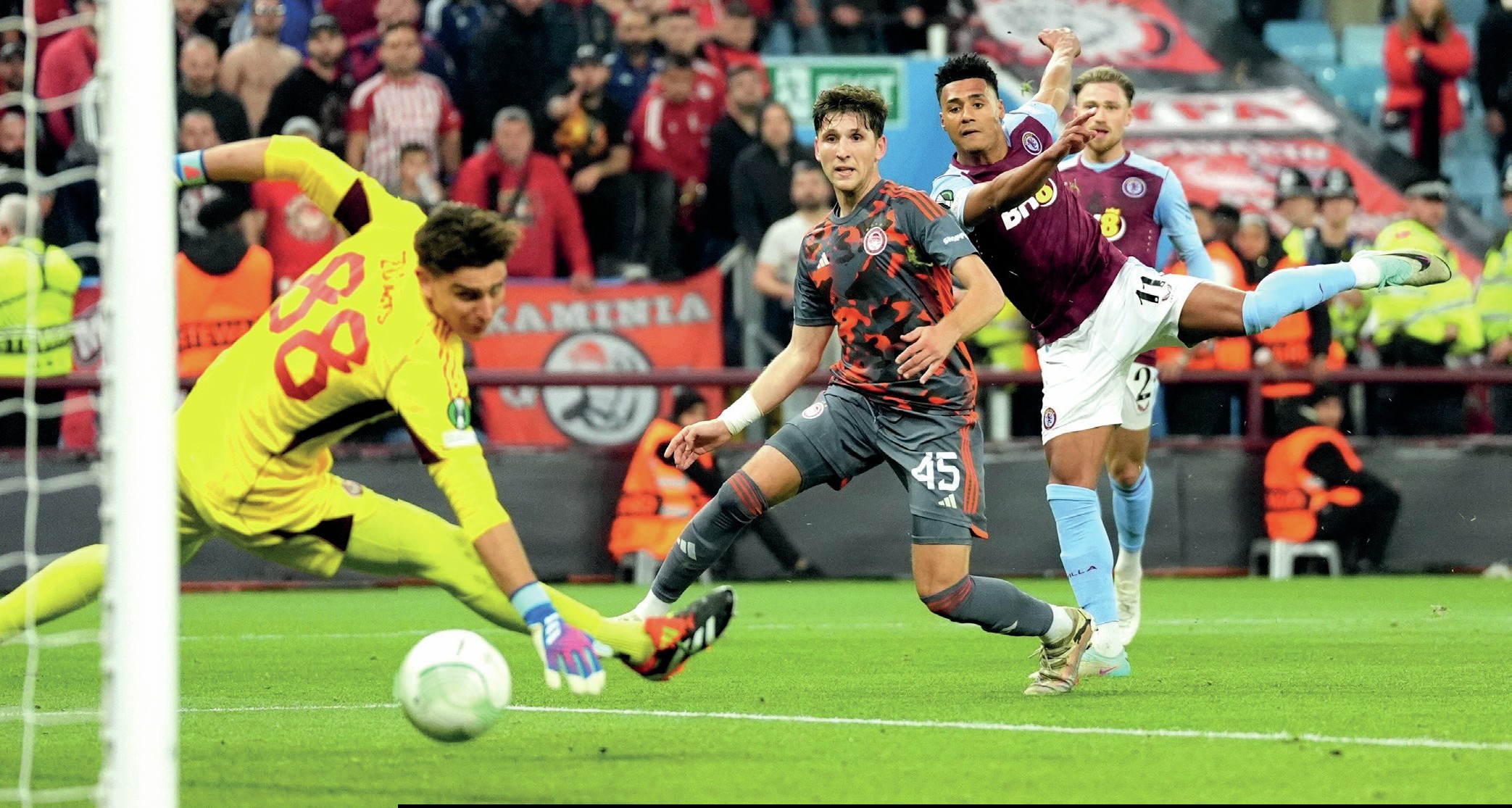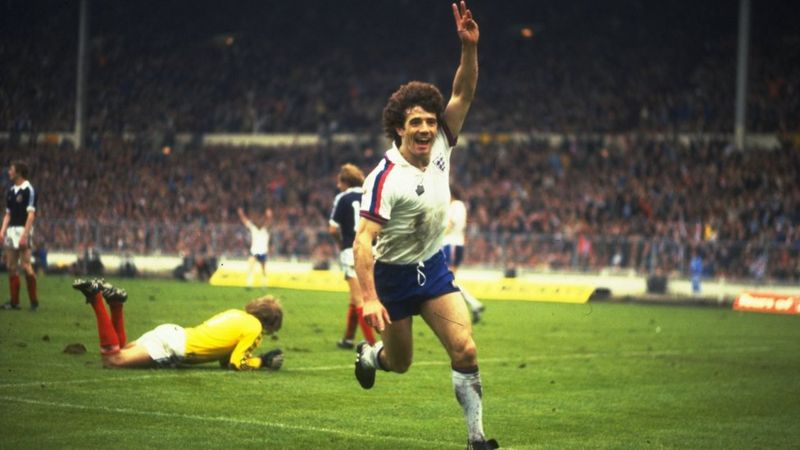
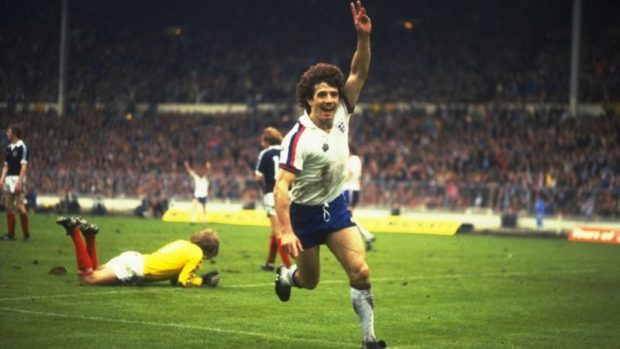
AT THIS time of the year,
my mind often thinks back to the British Home Championship of days gone by.
It would see England, Scotland,
Wales and Northern Ireland play each other in a mini league, with many of the
fixtures at the end of the campaign. It always seemed to finish with England
playing the Scots at either Wembley or Hampden Park, live on tv with either
Brian Moore or David Coleman commentating.
Sadly, for various reasons,
the competition that had lasted for 100 years came to an end in 1984.
But how did it come about
in the first place? Well, by the 1880s football was an established sport
throughout the entire United Kingdom and all four home nations had their own
football associations.
The four nations would play
friendly matches between themselves quite regularly but they were not organised
in any formal manner.
On December 6, 1882 at an
annual meeting between the associations to discuss a set of formal rules that they
would all agree to stick to, it was decided to officially organise these fixtures
and have something at stake.
This saw the birth of the
British Home Championship – the world’s first international football competition.
The competition was held every
season (except for the war years), beginning in the 1883-84 season. Each team
played the others once, home or away, so that all teams played three matches in
total.
Teams would play one or
two matches at home and the remaining away and this would alternate year on
year so that any home advantage would change each season.
Two points were awarded
for a win and one point for a draw. If more than one team finished the
competition with the same number of points, then the championship was shared
(goal difference came in later).
That first year began with Scotland beating Ireland 5-0 on January 24, 1884. William Harrower scored the very first goal and the Scots would go on and win the inaugural tournament.
In 1902, the Scotland v
England match played at Ibrox Park in Glasgow saw a tragedy. During the first
half, part of the terracing in the overcrowded, newly-built West Stand
collapsed – 26 people were killed and more than 500 injured.
Play was stopped but was
eventually resumed because officials feared emptying crowds could interfere
with rescue attempts and lead to further panic.
The match ended in a 1-1
draw. Afterwards, both Football Associations agreed that it had been a mistake
to continue and voided the result. The match was replayed a month later at
Villa Park with all the proceeds from the match donated to a relief fund for
victims of the disaster.
The 1950 Championship was used as qualification for that year’s World Cup in Brazil. The top two teams would go to the finals. You can bet on the next big tournament, EURO 2020, with this sign-up offer.
Both England and Scotland
were guaranteed the two spots before the last match between the pair of them.
The Scottish FA then declared they would only go to the World Cup if they beat
England and became British champions. They played at Hampden Park and lost 1-0
to the English thanks to a goal from Roy Bentley.
Scotland refused to go as
runners-up and so missed what would have been their first appearance at a World
Cup.
The only year that all
four teams finished on equal points was 1956, and so the championship was
shared between all of them.
By the 70s, goal
difference would be used to separate the teams.
In 1967, the year after
England had won the World Cup, the final match came down to a winner-takes-all
clash between England and Scotland at Wembley. England needed a win or a draw
to clinch the championship, while Scotland had to win to triumph.
The Scots won 3-2 with
Denis Law scoring the winner and, as it was England’s first defeat since
winning the World Cup, the visitors referred to themselves as the ‘Unofficial
Champions of the World’.
Ten years later again, the
title came down to the final game between England and Scotland at Wembley.
Again, the Scots won the match 2-1 with goals from Gordon McQueen and Kenny
Dalglish, but this time the friendly pitch invasion by the overjoyed Scottish
supporters went too far as they ripped up the pitch and broke the goalposts.
In 1979, England got their
revenge with a 3-1 win over the Scots at Wembley with Kevin Keegan scoring one of
his best ever goals after a one-two with Trevor Brooking.
Because of the troubles in
Northern Ireland in the 70s and early 80s, there were issues with them hosting
matches at home and so they would play their home games in Glasgow or
Liverpool.
But in 1981, Northern
Ireland did not want to move their matches against England and Wales. Both
teams were thus unwilling to travel to Belfast to fulfil fixtures and so the tournament
was abandoned and uncompleted.
With football hooliganism
on the increase, declining attendances and a crowded fixture list, the end was
nigh, and the 1983-84 competition was the final one.
Scotland drew 1-1 with
England in the last ever match. England’s Tony Woodcock scored what would be
the last ever goal.
It ended appropriately
with all four teams level with one win, one draw and one defeat each. Northern
Ireland finished top on a goal difference of plus one.
When the competition came
to a close after a hundred years of history and 87 tournaments, England
finished with the most wins – 34 plus another 20 that were shared. Scotland had won 24 times and shared it on 17
occasions, Wales had seven wins and five shared, while Northern Ireland
finished with three victories, including the last ever in 1984, and had shared
five others.
The Irish Football
Association remain in possession of the trophy.
The four Home Nations
still clash from time to time in one-off friendlies, World Cup or European
qualifiers.
England beat Scotland at
Euro ’96 with Gazza’s wonder goal and in the two-legged play-off for Euro 2000,
England won the first leg 2-0 with both goals from Paul Scholes at Hampden,
although the Scots won the second leg at Wembley with a Don Hutchison goal.
England came from behind
to beat Wales 2-1 in the Euro ’16 tournament in France. Goals from Jamie Vardy
and Daniel Sturridge cancelled out Gareth Bale’s early strike. However, it was
Wales who went further by reaching the semi-finals, knocking out Northern
Ireland in the last 16.
I know there is no chance
of the competition being revived these days, but I do believe it is a shame.
Like the fantastic Six Nations in rugby, the annual clashes between the Home Nations might not always have been top quality. But there was always a sense of excitement and the chance of bragging rights with friends from around the country was great fun.
With respect, I would rather see England play one of the other home nations than a game against some minor international country in a meaningless friendly. Sadly, it’s another piece of football’s past that has gone forever – apart from the memories.
Create your own fond memories with this promo code given here.


Book Reviews
Book Review: Chris Towers finds right mix

Book Reviews
Book Review: Sir Geoff Hurst hits net
